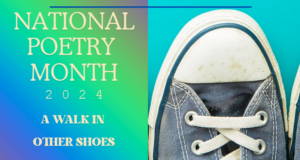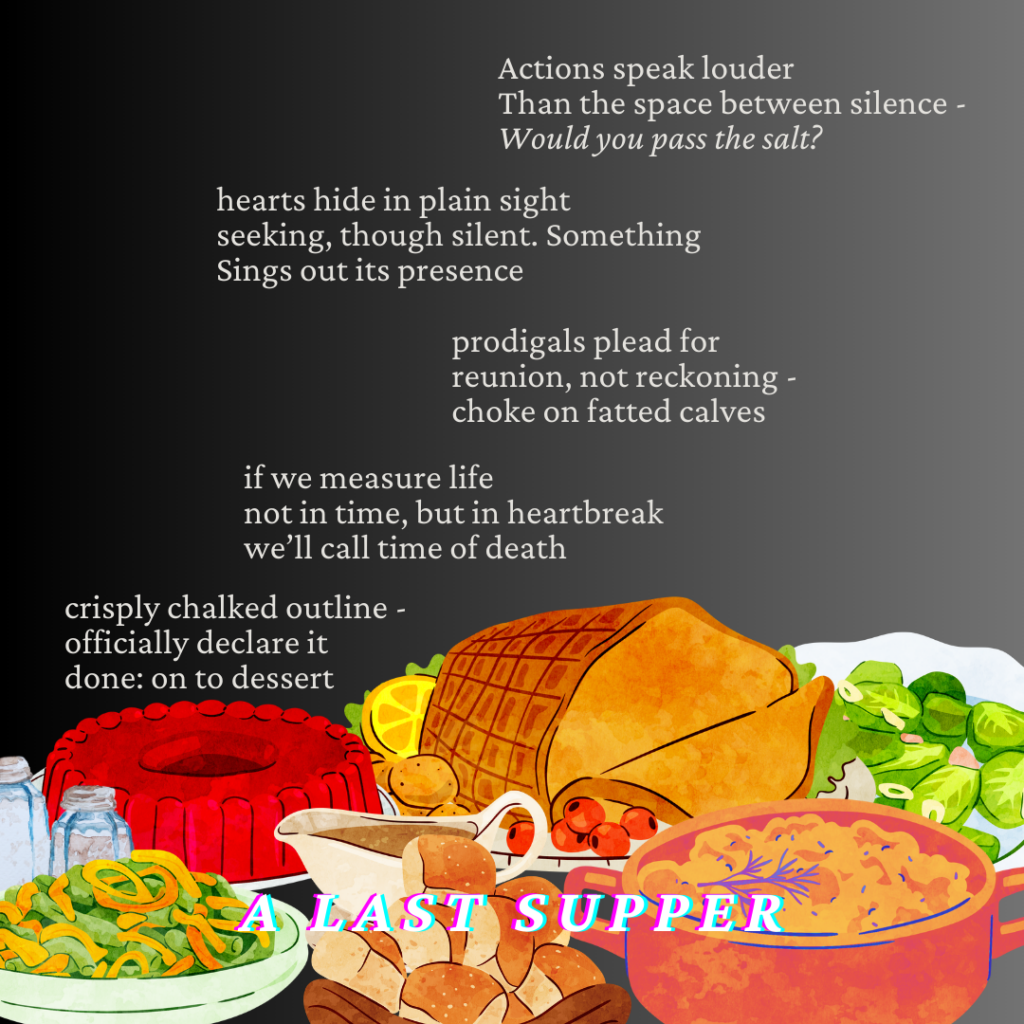I enjoyed writing with a mentor text so much the other day that I’m going to try it again… (and to be honest, this is the easiest way for me to gently move into blank verse, and avoid my pathological need to rhyme things…) I was introduced to this poem in my small writing group, and just loved its simplicity. But, as I’m practicing not evading, its simplicity turns my eyes a new way.
One of the simplest truths about humans is that they are fear-based species. About a year ago, the National Geographic did a whole piece on how our fear drove our evolution (yay?). It’s an unpleasant truth, isn’t it? But our ability to fight or flee or freeze has made us who we are…
Others have used Naomi Shihab Nye’s “Valentine for Ernest Mann” as a mentor text and taken it a new direction – today I’ll be replacing courage with poetry. Or is poetry actually courage?
Getting to Grips with the Gift
You can’t order courage like you order fries.
Move up in the drive through and, say, “two orders, animal-style”
and wait for the shiny-faced young person
to hand you a waxed-paper box.
Still, it’s a worthy quest.
Demanding of the cosmos, “Give me courage,
I need to be brave,” rates something in reply –
Maybe more than the expected:
Courage collects. Behind the bunker called Fear,
it is bunched up under a drift of “fight” or “flight. It
crawls from beneath the bed, but crouches, trembling
at the edge of the stage
when it is our turn to step out into the spotlight.
It erupts at the call of karaoke,
sometimes with no notice.
It pulses to life when your section stumbles.
In realizing, “I recognize this part,” you’re reminded,
And your voice rings out, flaring
bright against the formless dark,
pointing out the path. Your singing,
no better than it has been before, but for
love of song, you break ranks and shove aside
silence. When courage layers a chord,
it discloses the secrets that fuel it,
forcefully vouchsafing that though we fear,
fear can be forced away.
Maybe if we refuse what secrets and silence suggest,
we cultivate courage. Spread your shutters, loose
your lion heart, and approach the subject which distresses you.
Let courage grow.

